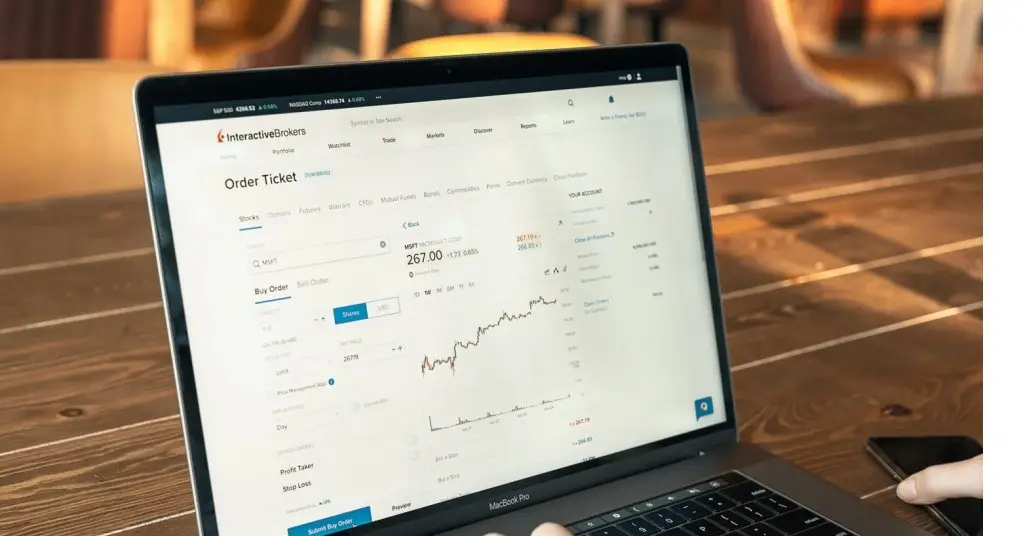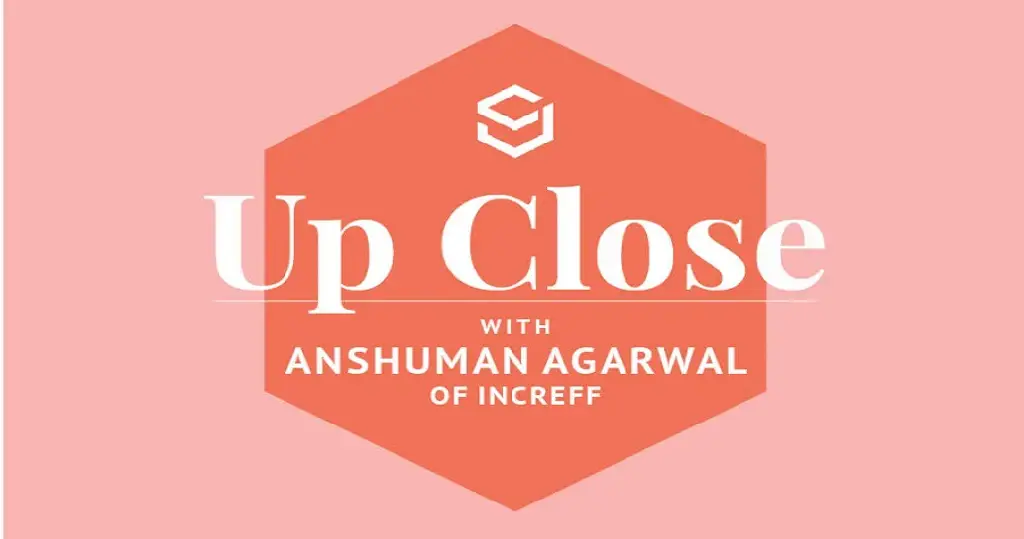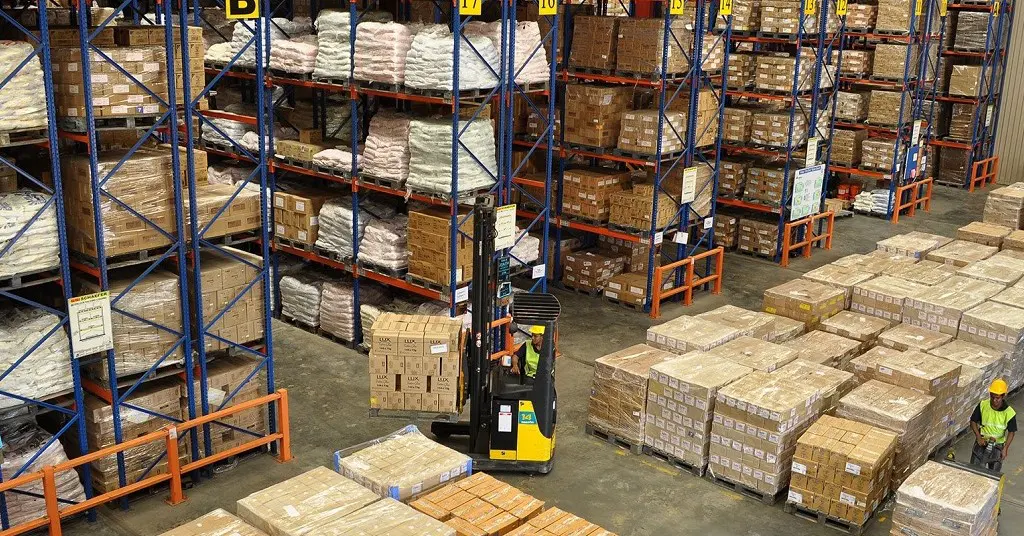Sustainable Retailing
Building a sustainable ecosystem, together!
Challenges faced in today’s retail world
Increased landfill with dead inventory
Rise in greenhouse gas emissions & pollutants
Poor garment worker conditions
Higher road miles, larger carbon footprints
Enabling end-to-end sustainability
Our Sustainability Solutions
Merchandising Software
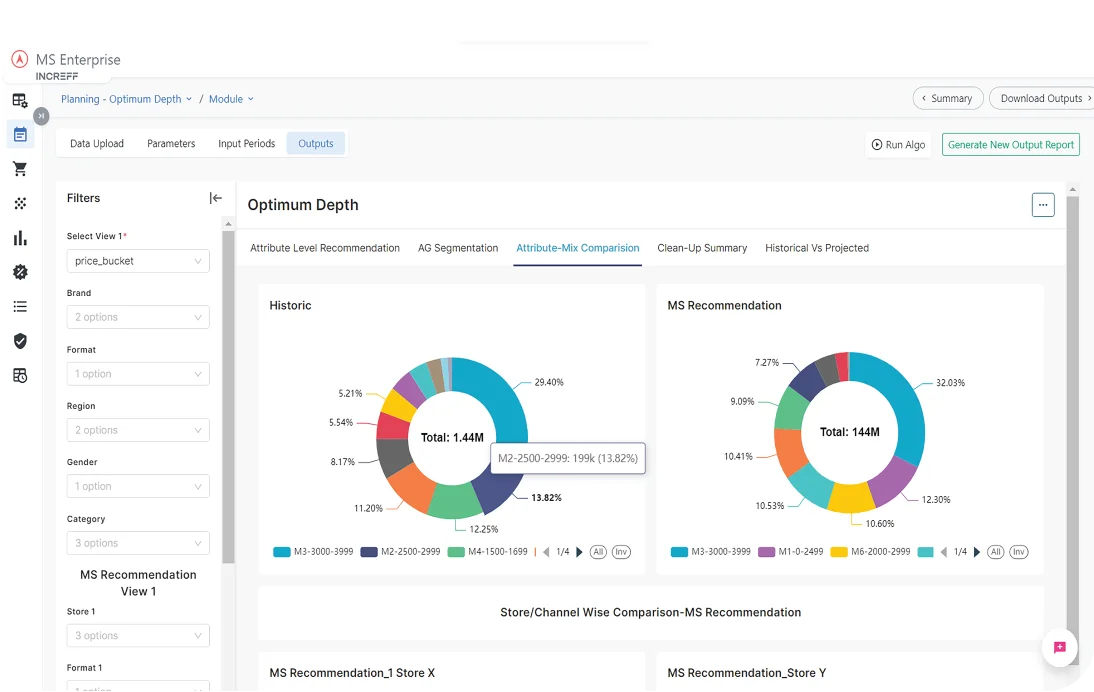
Optimum demand-wise store allocation Generate dynamic store-style ranking by conducting fresh season and event-based size-wise demand analysis. Automating replenishment and replacement based on existing sales. Intelligently distributing inventory across a network of warehouses based on regional demand for faster eCommerce order fulfillment. Inter-store transfers to improve inventory health by correcting broken sizes and reallocating styles to the most optimum stores for higher sales.
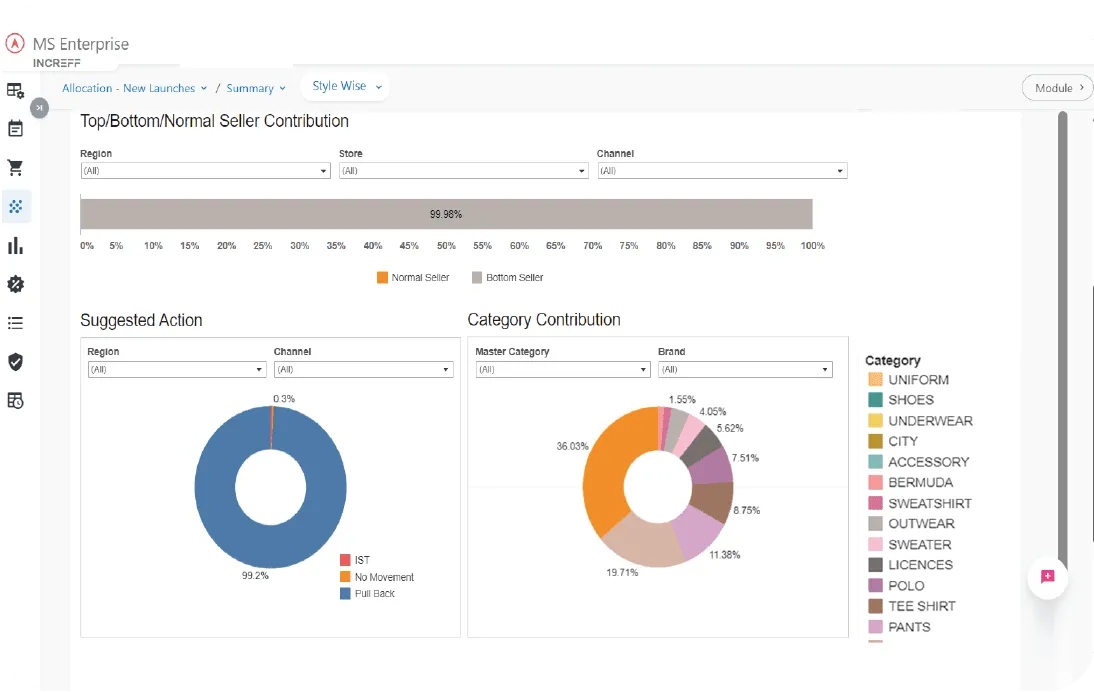
Omni Solution
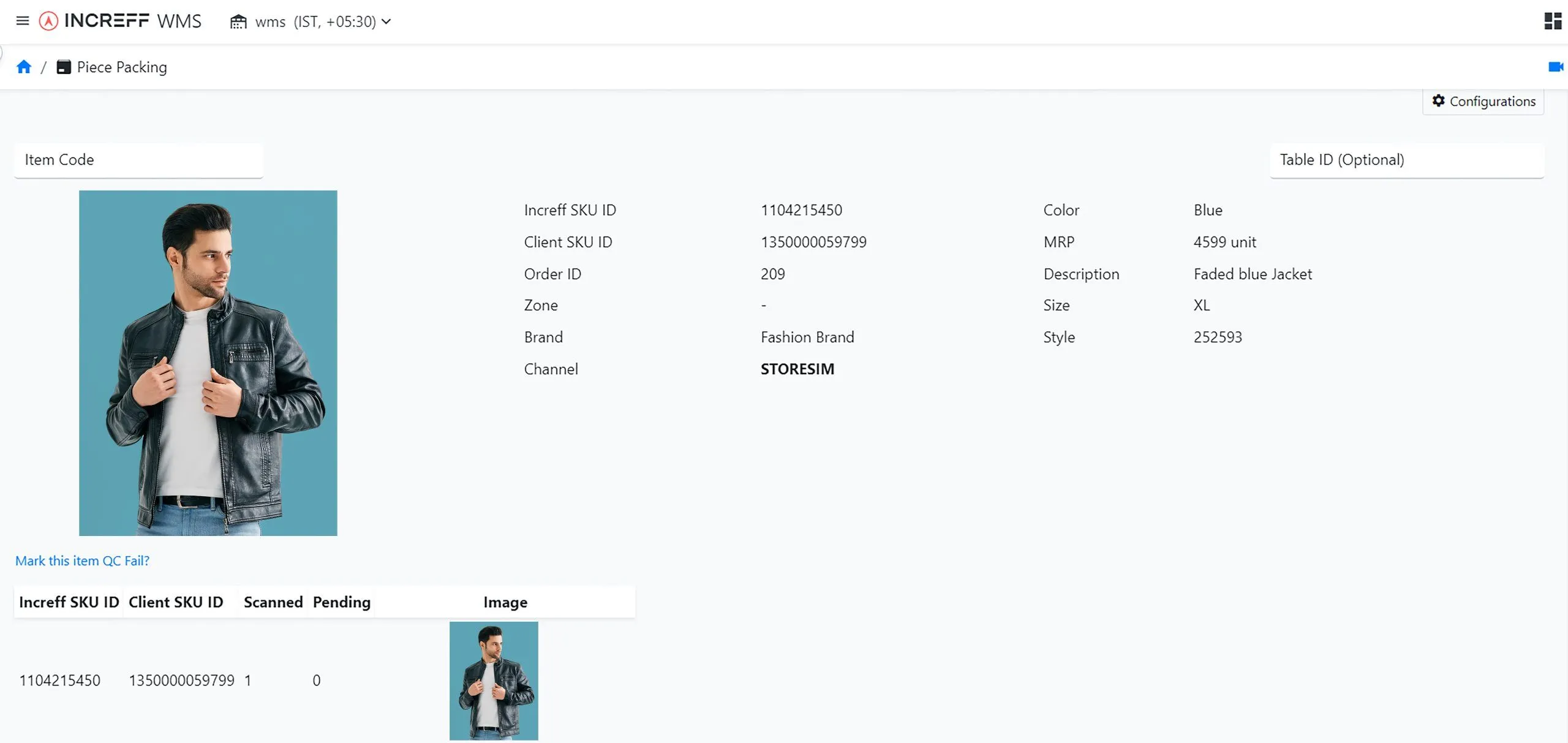

Impacts we create
Plan
Cut inventory holdings by 20% while maintaining revenue and profits. Optimize fabric use in production to minimize industrial waste linked to health issues and environmental harm.
Source
Avoid expired stock and eliminate the need for buffer inventory, reducing warehouse clutter and environmental impact.
Engage
Utilize retail stores for quicker delivery, fewer returns, and higher customer satisfaction, reducing environmental impact.

Transport
Save 2.1M miles while boosting regional fulfillment by 20%. Position inventory closer to consumers for faster order processing, reducing cancellations, returns, and transportation miles.
Fullfill
Use customer data for sustainable merchandising decisions, promoting quality and customer preferences for eco-friendly retailing.
Resource
Optimize inventory distribution based on customer demand to reduce resource usage and minimize wastage, enhancing operational efficiency.
Loomish Fashion Innovation Award Finalists for Sustainable Retailing category for Fashion innovation sustainability, 2020

Take a Step Closer to Save Earth
160,952,200 Gal
Water
100,500 Kgs
Fossil Fuels
1,192,100 Kgs
Carbon Footprint
12,190 Kgs
Fertilzer


